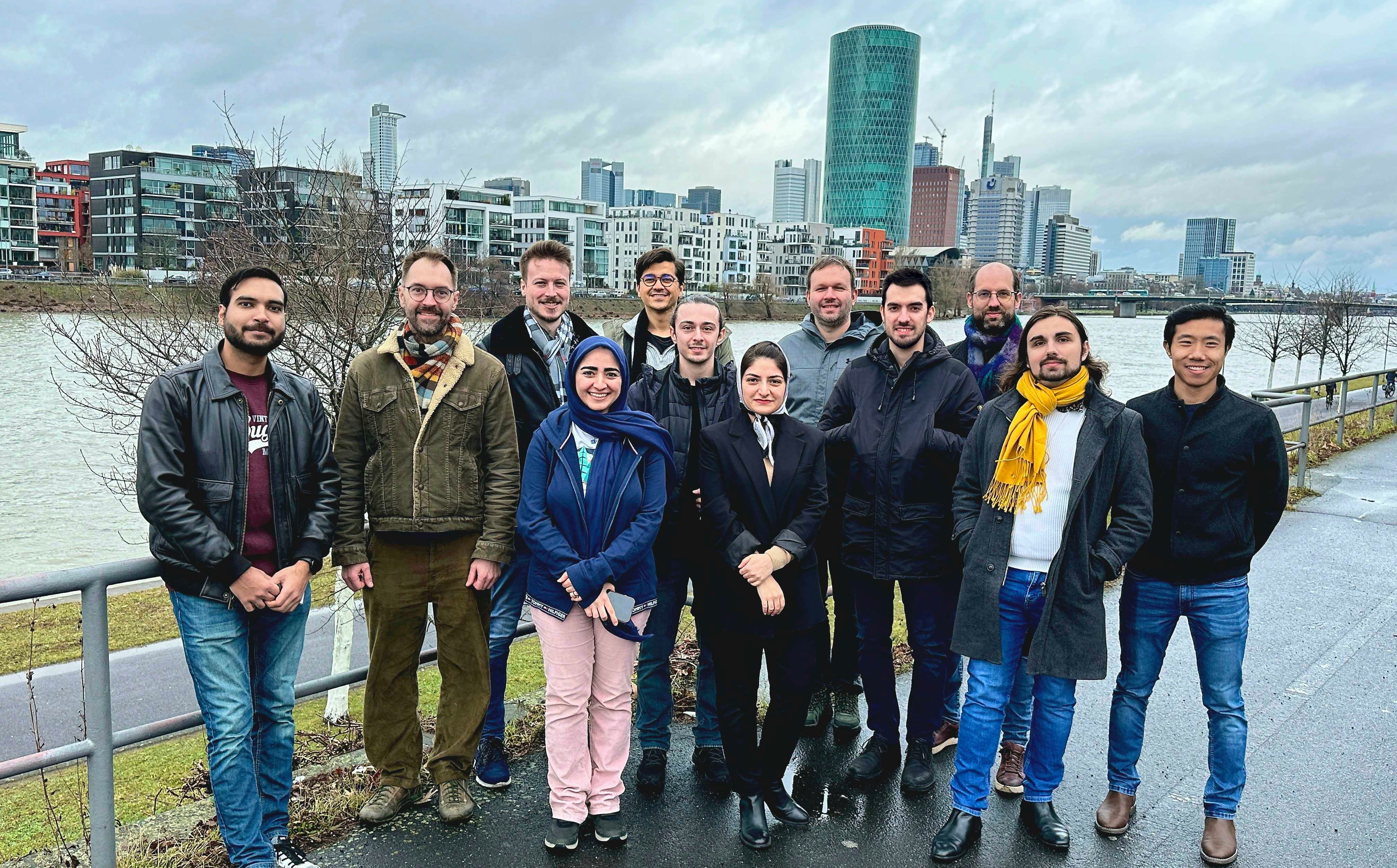MLO Lab
Machine Learning in Oncology
Who we are
Our mission is the application and collaboration driven development of interpretable and statistically sound machine learning methods for understanding disease heterogeneity. As part of the DKTK/DKFZ and hosted by Frankfurt University we thrive to use machine learning for accelerating progress in personalised oncology.
We build on probabilistic machine learning to address computational challenges in three areas: translational single-cell genomics, computational proteomics and the integration of multi-omics data.

News
Projects
Publication Highlights
Teaching
In the summer term 2025 we offer Introduction to AI.
In the winter term 2025/2026 we offer a seminar on AI in Medicine.
Thesis Topic: Active Learning Query Method Design
Active Learning reduces labeling costs by iteratively acquiring the most informative samples from a pool of unlabeled data for model training.
Uncertainty-based sample selection is a common strategy for active learning.
Early experiments based on our own previous work show promising results for the use of epistemic uncertainty in active learning. Yet, we expect that further improvements can be made by tuning the query method.
In this thesis, we aim to explore different design possibilities for active learning query methods.
Requirements
- Strong Python skills
- Experience in PyTorch / NumPy
- Successfully completed Machine Learning 1, Introduction to AI, or relevant experience in deep learning
Literature
C. Lüth, T. Bungert, L. Klein, and P. Jaeger,
“Navigating the Pitfalls of Active Learning Evaluation: A Systematic Framework for Meaningful Performance Assessment,”
Advances in Neural Information Processing Systems, vol. 36, pp. 9789–9836, Dec. 2023.
Read here →G. Serra, B. Werner, and F. Buettner,
“How to Leverage Predictive Uncertainty Estimates for Reducing Catastrophic Forgetting in Online Continual Learning,”
Transactions on Machine Learning Research, Nov. 2024.
Read on OpenReview →
Interested students can apply by sending an e-mail to dustin.eisenhardt|dkfz-heidelberg.de with a short text explaining your background and motivation for this project.
Open Positions
We currently have no open positions.
Contact
- buettner|med.uni-frankfurt.de
- Theodor-Stern-Kai 7
60596 Frankfurt am Main




